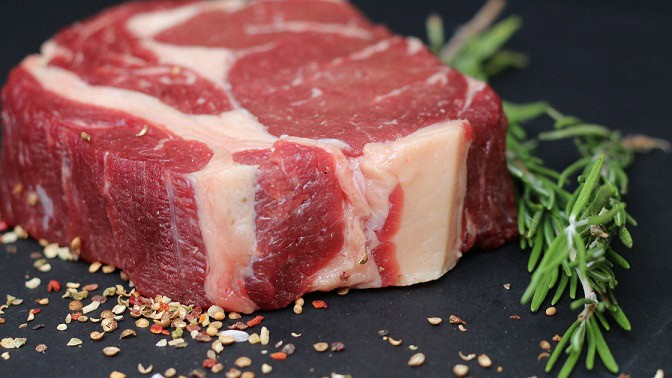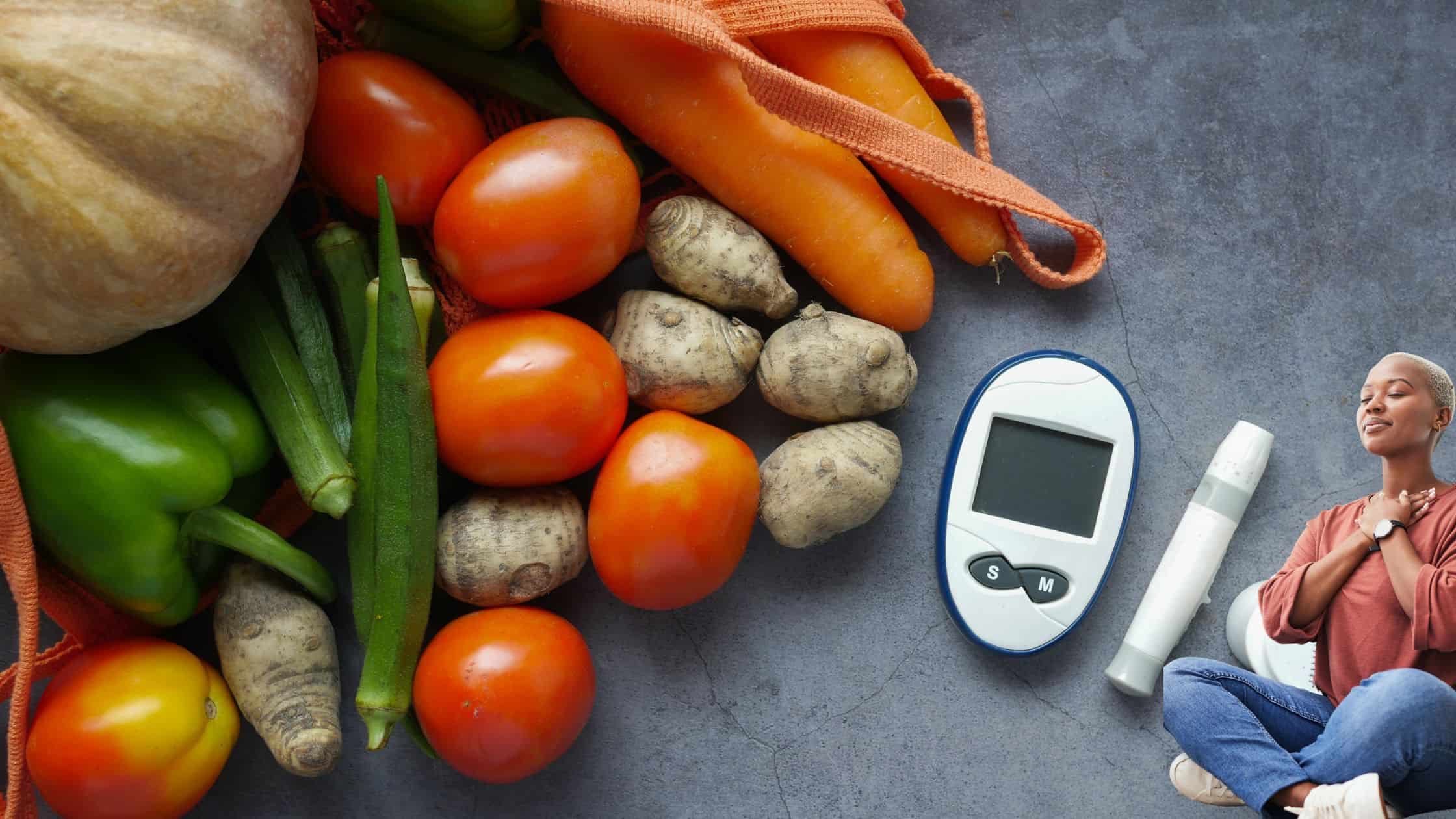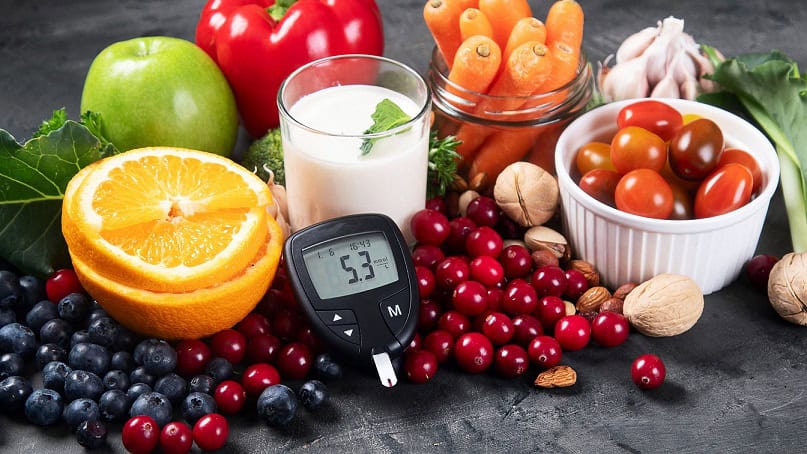Red meat is a common debated food item in diabetes management discussions. For diabetics, diet is a critical component of controlling blood sugar levels, preventing complications, and potentially reversing the condition naturally. This article thoroughly examines whether or not red meat is good for diabetics.
Understanding Diabetes and Diet
Diabetes, primarily Type 2, is a metabolic disorder characterized by insulin resistance and impaired blood sugar regulation. According to the World Health Organization, approximately 830 million people worldwide have diabetes. In Nigeria alone, over 11 million people currently live with diabetes, with many more undiagnosed cases.
Type 2 diabetes is fundamentally a dietary disorder — a condition worsened by overconsumption of refined carbohydrates and sugars that flood the blood with glucose, causing insulin resistance. Medications often mask symptoms but don’t cure the underlying disorder.
Dietary adjustments, including controlled carbohydrate intake, healthy fats, and adequate protein, are essential pillars in reversing diabetes naturally .
The Role of Red Meat in Diabetes
Red meat is a good source of high-quality protein, essential amino acids, vitamins (especially B12), iron, and zinc. Protein is vital for muscle maintenance, blood sugar regulation, and satiety. For diabetics, maintaining muscle mass helps improve insulin sensitivity and glucose metabolism.
Potential Benefits of Red Meat for Diabetics
- Protein Source: Red meat offers a rich source of protein that aids in stabilizing blood sugar by slowing carbohydrate absorption, thereby preventing sharp blood sugar spikes after meals.
- Fat Content: Certain types of red meat, especially from grass-fed animals, contain healthier fats, including omega-3 fatty acids, which support cardiovascular health — an important consideration given diabetes increases heart disease risk.
- Satiety and Weight Management: High-protein meals from red meat help control hunger and cravings, reducing the tendency to overeat carbohydrates and sugars.
Red Meat and Diabetes Risk: What the Evidence Shows
While red meat provides valuable nutrients, excessive consumption of certain types of red meat, particularly processed or high-fat varieties, has been linked to increased risk of insulin resistance, heart disease, and inflammation. This is partially due to saturated fat, preservatives, and cooking methods that create harmful compounds.
However, moderate consumption of lean, unprocessed red meat, ideally from grass-fed sources, can be part of a diabetic-friendly diet when balanced with plenty vegetables and low-carbohydrate foods
Practical Red Meat Recommendations for Diabetics
| Aspect | Recommendation | Notes |
|---|---|---|
| Type of Meat | Opt for lean cuts, grass-fed beef, goat, lamb | Avoid processed meats (bacon, sausages) where possible |
| Portion Size | Moderate portions (3-4 oz per meal) | Excess protein can convert to glucose in extreme cases |
| Cooking Methods | Grilling, baking, broiling without charring | Avoid fried or heavily processed meat products |
| Frequency | 2-3 times a week | Balance with fish, poultry, plant-based proteins |
| Accompaniments | Pair with non-starchy vegetables and salads | Limits blood sugar spikes |
Red Meat in the Context of a Low-Carb or Keto Diet
Low-carbohydrate and ketogenic diets have gained backing for diabetes management, including reversal, by drastically reducing blood sugar and insulin levels. These diets emphasize higher fat and moderate protein intake, with protein from sources including red meat.
For example, a ketogenic diabetic meal may include grass-fed beef with leafy greens cooked in olive or coconut oil, providing healthy fat and satisfaction with very low carbohydrates.
Addressing Common Concerns About Red Meat
Does Red Meat Raise Blood Sugar?
No. Protein and fat in red meat do not raise blood sugar directly. However, excessive protein intake can be converted to glucose via gluconeogenesis, potentially affecting blood sugar if caloric and macronutrient balance is off.
Is Red Meat Linked to Heart Disease in Diabetics?
Diabetes itself raises cardiovascular disease risk. Choosing lean cuts, avoiding processed meats high in unhealthy fats, and balanced overall nutrition mitigate this risk. Incorporating heart-healthy fats (e.g., from olive oil, avocado) alongside red meat is advisable.
How to Incorporate Red Meat Safely
- Choose unprocessed, grass-fed, or organic options when available.
- Balance red meat with fiber-rich, low-carb vegetables.
- Avoid high-fat or processed variants like sausages, corned beef, or cured meats with added sugars/preservatives.
Diabetic Meal Incorporating Red Meat
| Meal Component | Description |
|---|---|
| Protein | 3 oz grilled grass-fed beef steak |
| Vegetables | Steamed pumpkin or broccoli and sautéed spinach in olive oil |
| Healthy Fat | 1 tablespoon avocado or coconut oil |
| Carb Control | Low-carb vegetables and absence of refined grains |
| Flavouring | Herbs, garlic, and spices without added sugars |
Is White Meat Good for Diabetics?
Integrating Red Meat with Lifestyle for Diabetes Reversal
The journey to reverse diabetes naturally demands a holistic approach:
- Diet: Red meat in moderate, mindful portions combined with a low-carb, nutrient-dense diet.
- Exercise: Regular physical activity improves insulin sensitivity and glucose uptake.
- Intermittent Fasting: Helps reduce insulin resistance and improves blood sugar control.
- Hydration: Adequate water intake supports metabolism and detoxification.
- Sleep and Stress Management: Both influence blood sugar regulation and overall health
Conclusion: Is Red Meat Good for Diabetics?
Red meat can be good for diabetics when consumed thoughtfully as part of a balanced, low-carb, nutrient-rich diet focused on whole foods and healthy fats. It provides essential protein and micronutrients that support blood sugar control, muscle health, and overall wellness. Moderation, choice of unprocessed lean cuts, and mindful cooking methods allow red meat to be compatible with efforts to reverse diabetes naturally.
For sustainable diabetes management and reversal, red meat should complement a comprehensive lifestyle approach including exercise, intermittent fasting, hydration, and stress management.
Get Our Diabetes Diary Guidebook to Reverse Type 2 Diabetes Naturally
Disclaimer: The materials contained in this article are based on the author’s experience and research through credible sources. The statements presented here are meant to help you improve your sugar levels and reverse/prevent diabetes complications, reverse your Type 2 diabetes and put it in Remission, but results may vary from person to person. In no event will Boedirep be liable for damages of any kind whatsoever arising from the use or misuse of our books and articles. The information presented here should not be interpreted as medical advice. If you have any doubts or concerns related to your diabetic condition, we strongly recommend you seek the counselling of your doctor. You can contact us too.






